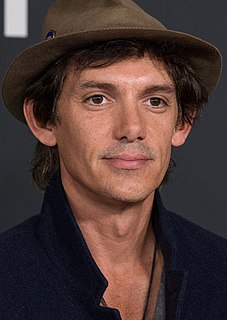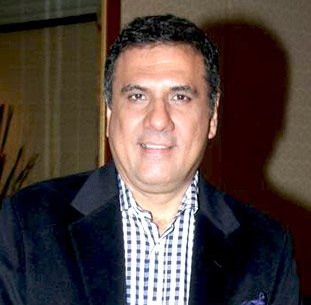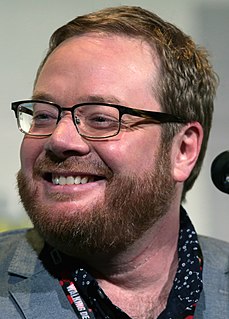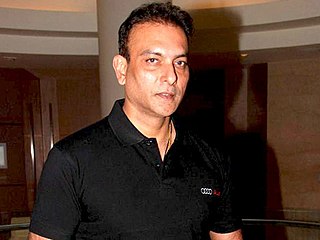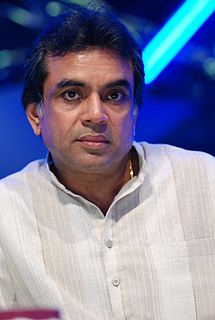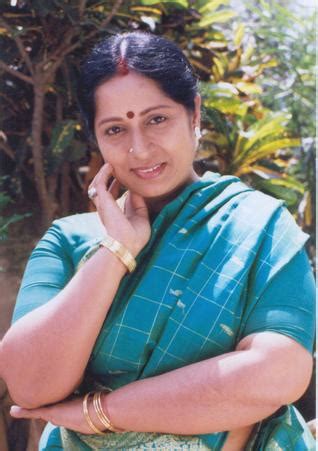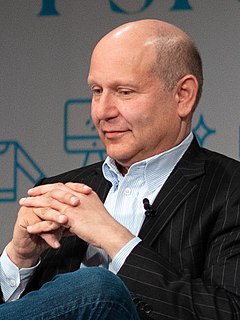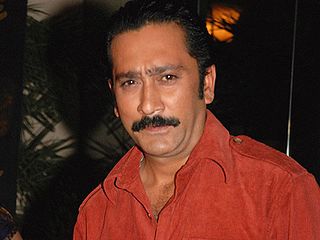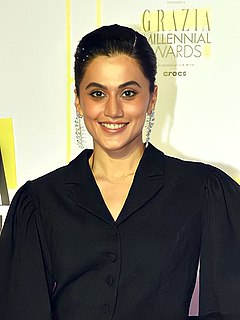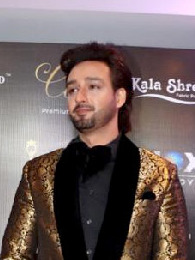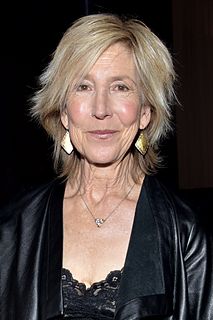A Quote by Lukas Haas
In choosing any role, I ask the same questions: what kind of part is it? is the role challenging? does the director have a vision? is the story moving? etc.
Related Quotes
With a director it's all about the work; I'd work with a great director over - you know, I'm not the kind of actor who that doesn't go, 'I want to play this role.' It's more like, 'I want to work with this director,' regardless of what the role is because if it's a good director, you'll probably find a good role because it's a decent film. But a mediocre director will always make a mediocre movie.
By declaring yourself a leader, you're taking initiative and moving into a role of influence in a lively and vital network that's changing the world. We're changing the world, first by changing ourselves and then by touching the world as changed beings. We believe the change in us catalyzes change in others. So in changing the world, we're choosing to be the change we wish to see in the world. By taking on this leadership role, you are choosing to be the change too.
